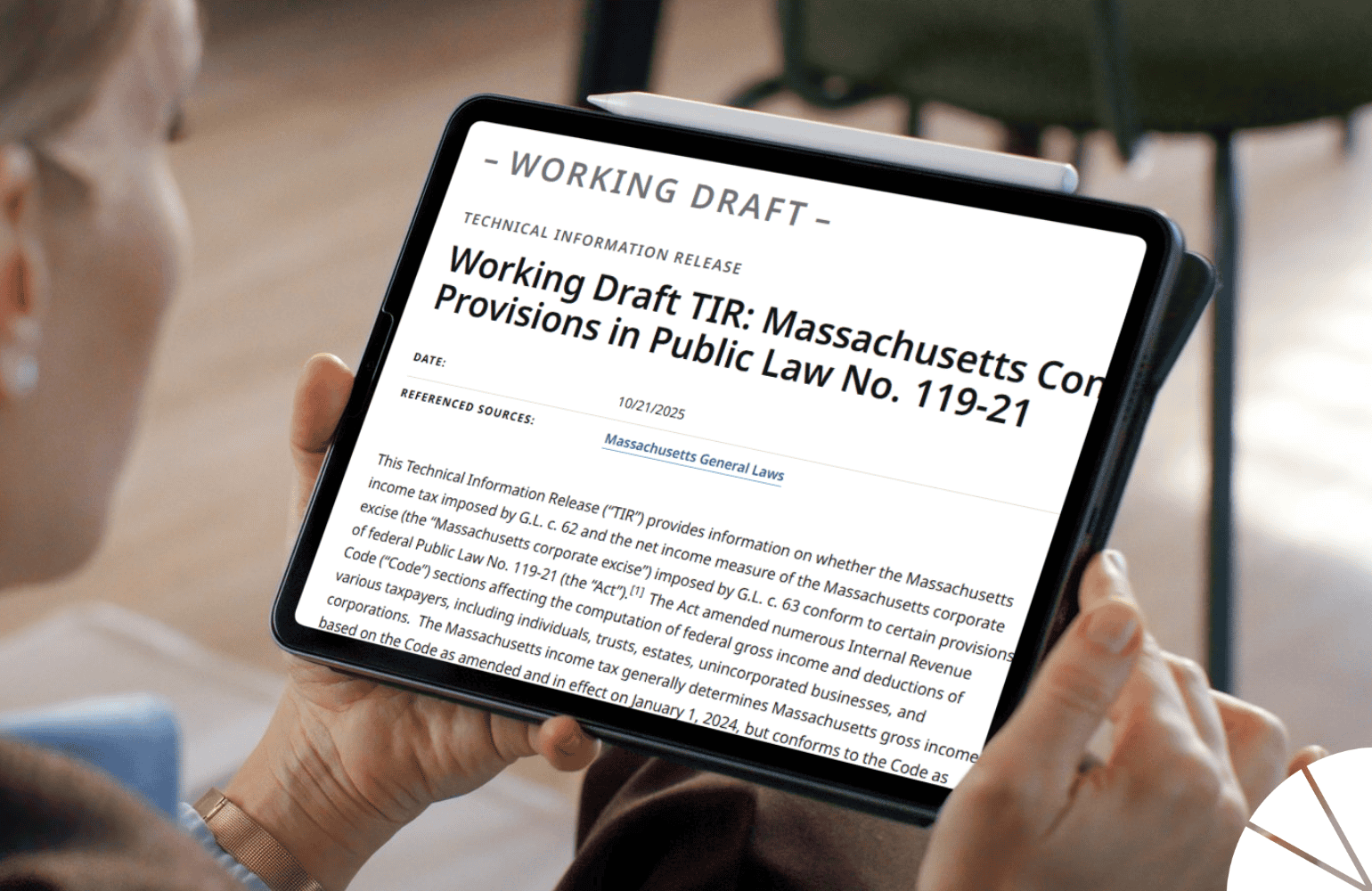
Are you prioritizing tax planning for 2024? Early preparation is key to fully leveraging available 2024 tax credits and adapting to the temporary changes introduced by the Tax Cuts and Jobs Act (TCJA). The TCJA balanced revenue shifts by increasing standard deductions, imposing SALT limitations, enhancing child tax credits, and eliminating personal exemptions. Many of these adjustments are set to expire after 2025, making proactive 2024 tax planning crucial.
Both individual and business taxpayers should consult their tax advisors, firstly for 2023 tax return preparation and secondly for strategizing 2024 tax planning. This period is crucial for addressing the phasing out of TCJA provisions and managing complex tax implications in wealth transition, estate tax planning, and family business considerations. The start of the year is also optimal for discussing tax credits.
Below, I’ve highlighted key tax credits available in 2024 for individuals and businesses, largely influenced by the Inflation Reduction Act (IRA), which focuses on combating the climate crisis through clean energy investment. However, this list is not exhaustive; consult your tax advisor for personalized guidance.
Plug-in electric vehicle (E.V.) and fuel cell electric vehicle (FCV) tax credits (clean vehicle tax credit): If your modified AGI is below $300,000 (MFJ) or $225,000 (HOH) or $150,000 (all other filers) and if you buy or lease a new qualified plug-in E.V. or FCV, you may be able to claim a maximum credit up to $7,500 if the vehicle meets certain requirements (MSRP limit, qualified manufacturer, final assembly in North America, and battery capacity). You can use your modified AGI from the year you take delivery of the vehicle or the year before, whichever is less. Starting on January 1 2024, an individual buying a new E.V. may transfer their tax credit to the dealer at the point of sale, effectively using it as a down payment upfront rather than claiming it at tax time. Please note that E.V. credits are generally nonrefundable personal credit (if not used in business), which means that any unused portion of the $7,500 will not be available as a refund nor as a credit applied for next year’s taxes.
Anyone considering buying an E.V. can use the fueleconomy.gov search tool to see if a specific vehicle is eligible for the credit.
Massachusetts also offers rebates of up to $3,500 for residents, non-profit, and businesses for rental cars, company cars, and delivery vehicles. Vehicle purchase prices must be below $55,000.
Used clean vehicle credit: If your modified AGI is below $150,000 (MFJ) or $112,500 (HOH), or $75,000 (all other filers), you may be eligible for a maximum credit of $4,000 for a qualified used E.V. or FCV purchased from a licensed dealer for $25,000 or less. Please note that there are several restrictions, such as the age of the used vehicle and how often you can claim this credit, etc.
Commercial clean vehicle credit: Businesses and tax-exempt organizations that buy a qualified commercial clean vehicle may qualify for a maximum credit of $7,500 for qualified vehicles with GVWRs (gross vehicle weight ratings) under 14,000 pounds or $40,000 for all other vehicles if certain requirements are met. Please note that this is a non-refundable tax credit.
Research and development credit: This tax credit is available for businesses that incur qualified research expenditures (QREs) to develop new or improved products, processes, or software in the U.S. To meet the definition of qualifying research expenditures, research activities must be performed in the U.S. and satisfy the IRS’s “Four Part Test.” The R&D credit is calculated by determining the amount of QREs for the company’s current year over a base, using either a regular or alternative simplified method. The R&D credit-eligible expenditures are associated with direct costs such as wages, materials, and supplies used in the conduct of research, as well as 65% of 3rd party contract research amounts. Beginning January 1, 2023, the IRA increased the benefit to a 7.65% payroll tax offset and a maximum credit of $500,000 for qualified small businesses.
Massachusetts allows an R&D credit up to 10% of qualified research expenses incurred in M.A. that exceed 50% of the average research expenses for the preceding three taxable years. Unused credit may be carried back one year and carried forward 20 years for federal and 15 years for Massachusetts.
Residential clean energy credit: Started in 2023, the non-business energy credit creates a 30% tax credit, with no annual maximum or lifetime limit, for installing solar panels, geothermal heat pumps, and small wind turbines. This investment tax credit (ITC) is nonrefundable, and the unused credit can carry forward to future years.
Massachusetts also allows a solar and wind energy credit against personal income tax equal to 15% of the net expenditure for renewable energy source property or a $1,000 rebate, whichever is less.
Energy efficient home improvement credit: Another non-business tax credit is the energy efficiency improvement credit for various home improvement projects, such as windows and doors, electric furnaces or heat pumps, insulation, and electric appliances. The annual cap on this credit is $1,200, and the credit is nonrefundable.
Alternative fuel refueling property credit: This tax credit is available to businesses and individuals. The credit is worth 30% of the cost of “qualified alternative fuel vehicle refueling property” installed in the home, up to $1,000. For most homeowners, equipment used to recharge an electric vehicle will qualify for this credit and the purchase of “bidirectional” charging equipment. For businesses, the credit is equal to 6% of the cost of the property (limited to $100,000) and is limited to property placed in service within low-income communities or non-urban census tracts.
45L tax credit: This is a per-unit tax credit for homebuilders and developers of energy-efficient residential properties. Effective January 1, 2023, credits have increased to $2,500 (ENERGY STAR certified) or $5,000 (zero ready energy certified) per unit if prevailing wage requirements are met. There is no limitation on the number of stories.
What’s Coming Down the Road?
With the Tax Cuts and Jobs Act set to expire between 2025 and 2028, certain tax credits created or expanded by its provisions are also set to end. One credit expected to expire at the end of 2025 is the employer credit for paid family and medical leave, which has made it easier for some businesses to offer employees paid leave. The credit is only effective for wages paid through 1/1/26. The federal estate and gift tax exemption, while not a tax credit, will also sunset after December 31, 2025, to the pre-2018 amount of approximately $7 million.
We advise individuals and business leaders to consult their tax advisors about how the end of the TCJA might affect their taxes.
Start Planning for 2024 Tax Credits Now
LGA’s tax advisors work with both individuals and businesses to do the tax planning that supports their financial and operational goals. We are here to take the guesswork out of developing your tax strategies so you can handle things like missing out on tax credits you qualify for. If I or my colleagues can answer any questions or address any concerns, please contact us today!






